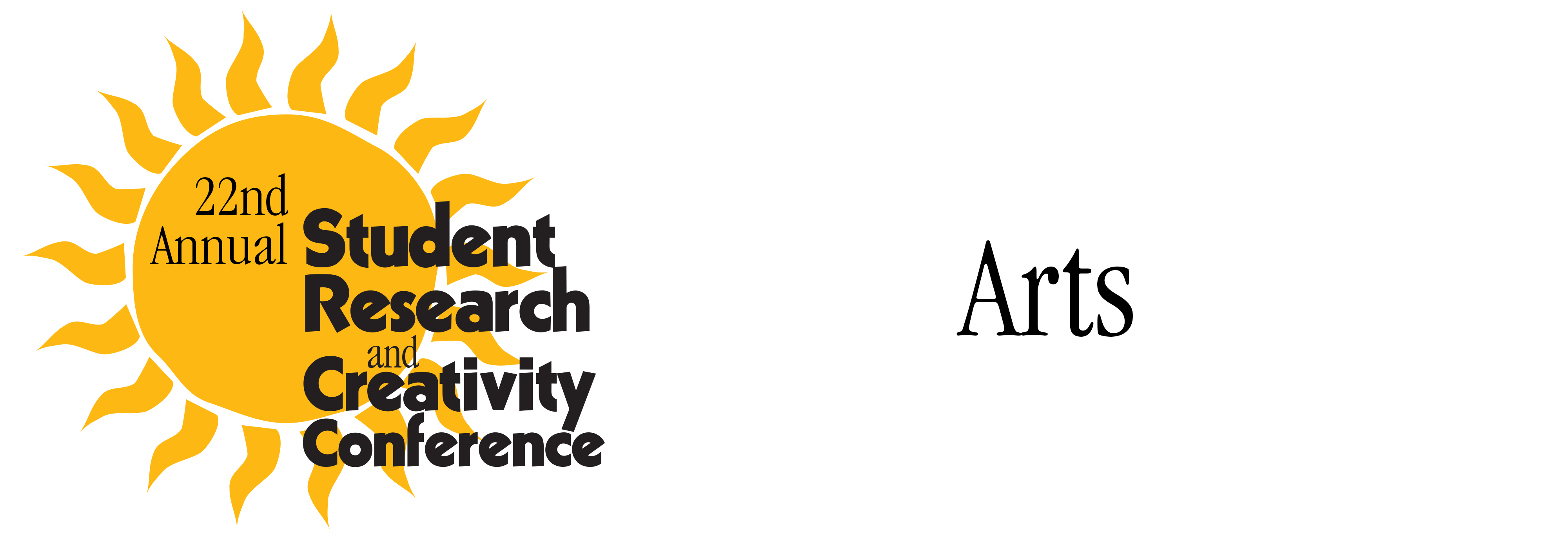
Files
Download Full Text (2.2 MB)
Description
Elsie M. Herold, MUS 303: Music History 2
Faculty Mentor: Professor Carolyn Guzski, Music
My research offers a psychoanalytical perspective on the twentieth-century French composer Maurice Ravel (1875-1937) through his most popular work, Bolero (1928). Many questions have arisen over the years concerning Ravel’s mental health. Ravel became chronically ill in midlife, suffering from memory loss and repeatedly isolating himself from society. Though no posthumous diagnosis can be certain, many neurologists agree that Ravel suffered from primary aphasia, a loss of language ability—and possibly musical comprehension—due to brain damage resulting from his time serving in WWI. Ravel composed Bolero in this increasingly unstable psychological state. The orchestral work is famous for its use of a rhythmic ostinato sounded in snare drum and equally mesmerizing repetitive melody. Listeners nearly fall into insanity themselves after hearing this sixteen-minute cyclical monster! This project attempts to synthesize the work of neurologists, biographical accounts from Ravel’s life, and his own compositions to argue that Bolero’s hypnotic artistic effect resulted from Ravel’s primary aphasia.
Publication Date
2020
Disciplines
Arts and Humanities
Recommended Citation
Herold, Elsie M., "Revealing Bolero: A Look into the Psyche of Maurice Ravel" (2020). Arts. 22nd Annual Student Research and Creativity Conference. SUNY Buffalo State.
https://digitalcommons.buffalostate.edu/srcc-sp20-arts/13



